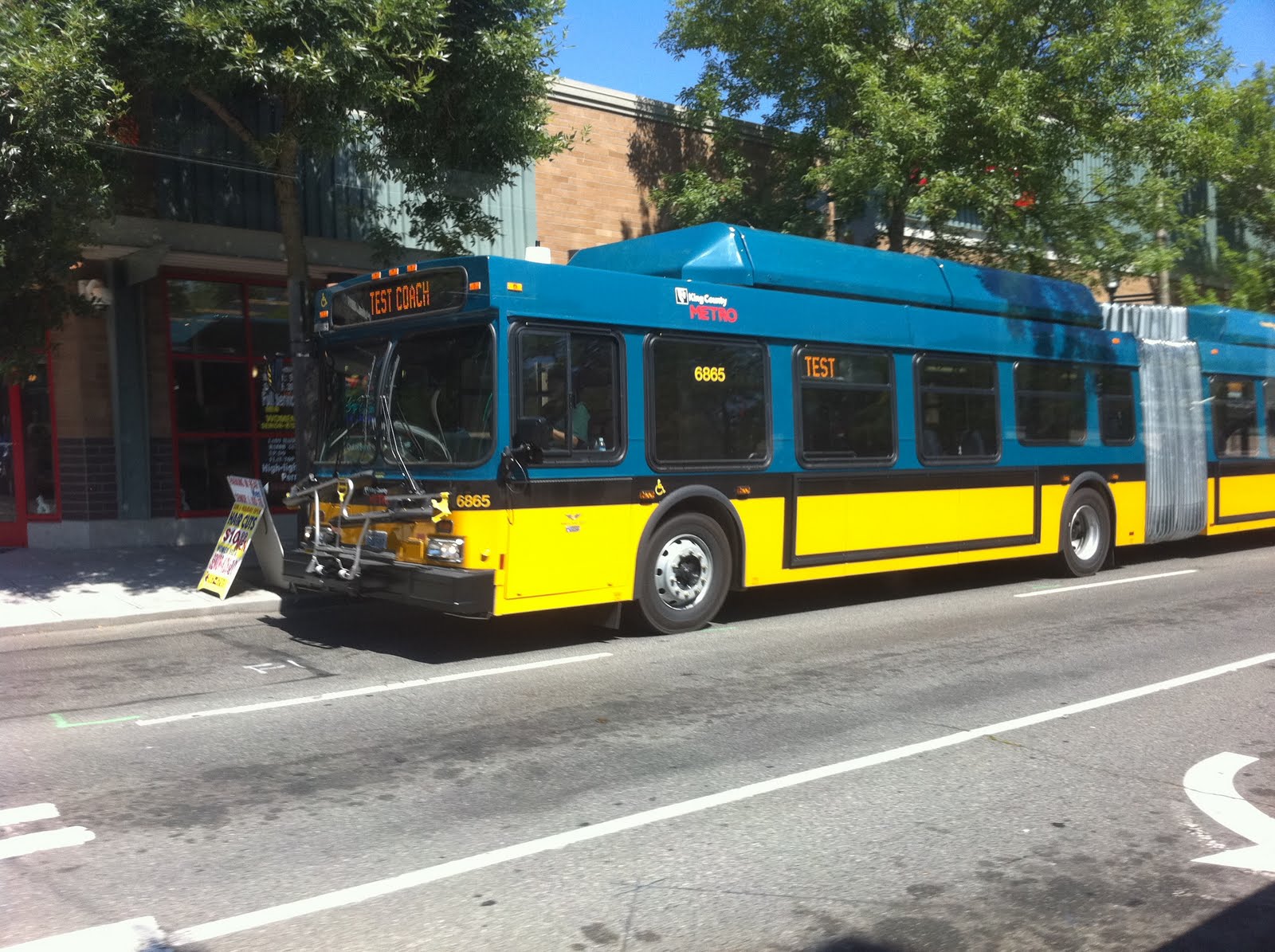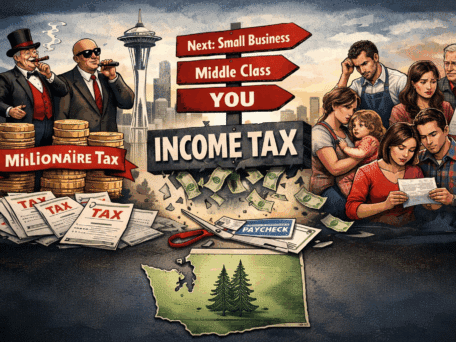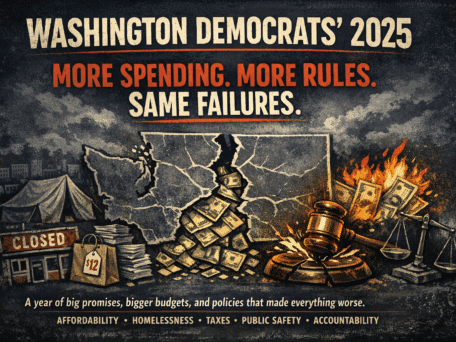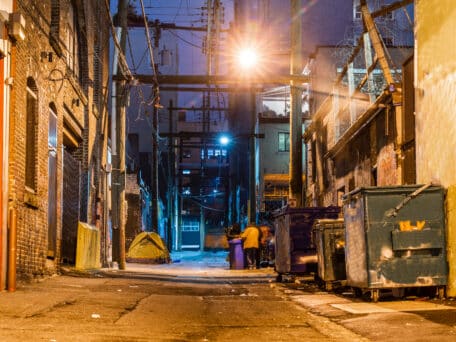Last week, we discovered that King County officials—with the help of Democrats—falsely threatened voters with bus service cuts via Proposition 1. Due to a windfall in sales tax revenue and some simple cost cutting solutions, the King County Council voted not to follow through on bus route cuts scheduled for 2015-16.
Thankfully, King County voters saw through the absurdity that were the threats made by county officials and said “NO.” Voters rejected Prop 1, which would have “saved bus routes” by raising sales tax and adding a $60 car tab fee, last spring. Of course, Prop 1’s rejection inspired Seattle to run its own measure that promises to “save bus routes.”
For a “0.1 percent increase in the sales tax, and a $60 car-tab fee, within city limits, for six years,” Seattle’s Prop 1 promises to “save bus routes” operating within the city. There’s only one problem: there are no bus routes that need saving. That reality having occurred to the Seattle Department of Transportation, the city began scrambling for an agreement on how the increase in revenue would be spent—assuming Seattleites pass the new Prop 1 in November.
According to the Seattle Times, if Seattle voters approve Prop 1, “the anticipated $40 million in new annual revenue would be spread around the city to provide more frequent service on dozens of routes.” Apparently, the plan is to create 33,000 new service hours for 49 existing routes “on a city priority list, because the buses overflow or are chronically late.”
However, due to the massive increase in revenue, Seattle would still have over 233,000 service hours to work with. So, the city plans to use those hours to “fortify the citywide network, touching virtually every neighborhood.” Translation: the City of Seattle plans to use taxpayer dollars to operate empty buses that cross the city at regular intervals. City officials are planning to waste taxpayer dollars before they have any taxpayer dollars to waste.
City Councilmember Tom Rasmussen, chairman of the transportation committee, told the Seattle Times that the city has “no interest in running more buses than we actually need.” Additionally, Rasmussen promised that if there happens to be an oversupply of bus trips, then the council could “return to voters to reduce the car fee, or to redeploy some of it for other transit projects.”
Somehow, we highly doubt the Seattle City Council would voluntarily seek to return tax dollars to taxpayers. Knowing they have been lied to and new plans to waste their taxpayer dollars, it will be interesting to see how Seattleites will vote come November.




